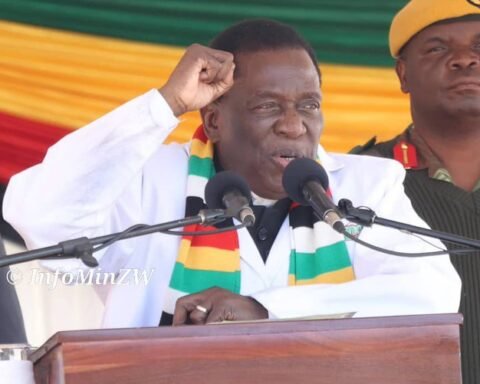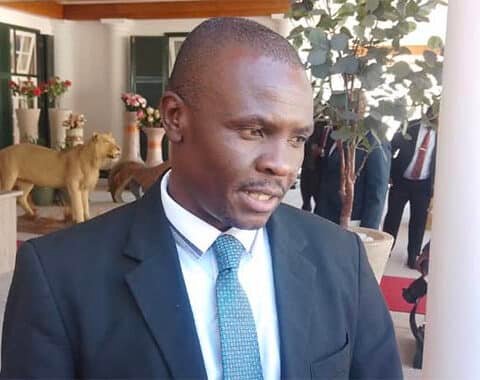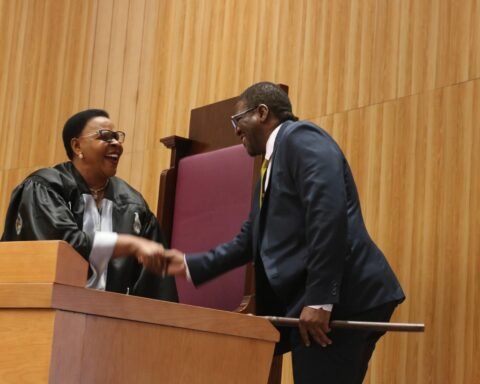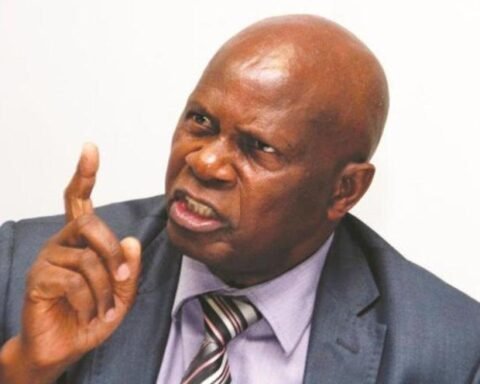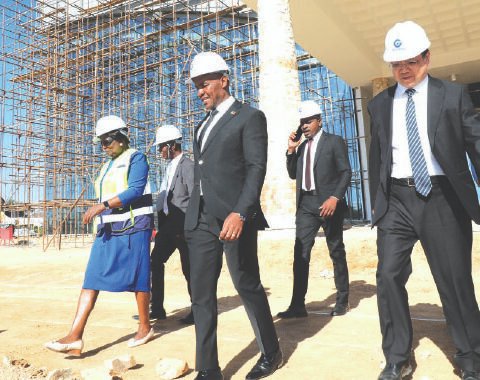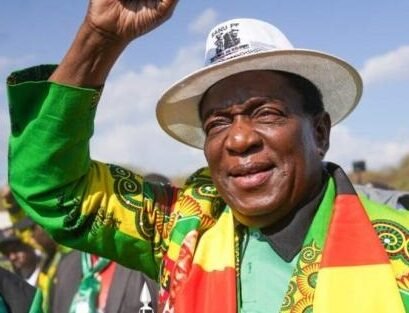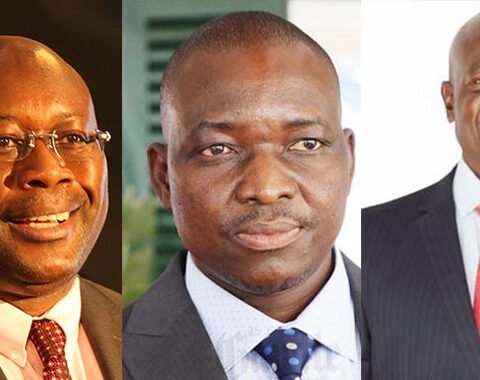ZANU-PF’s congress ended Saturday with customary singing and dancing, but the party knows it has little time for fanfare as it shifts into campaign gear for 2023.
The ruling party’s Central Committee report says rising inflation, deepening poverty and internal party divisions are the biggest risks to its power.
The party is banking on a grassroots campaign, reaching out to various interest groups and public infrastructure projects to deliver a win next year.
Below are the main takeaways from the Central Committee report, which was distributed to delegates at congress.
ZANU-PF claims to have over 4.2 million members
The party says it did a membership audit, including a “national cell day”, to be sure of how just many members it has. The party claims to have 4,245,850 members.
It appears the party got this number by only multiplying the number of cells that it has – 84,917 – by 50, the number of members that each cell is supposed to have. The report does not account for the fact that not all cells have 50 people, a fact that even senior officials admitted to on the “cell day”.
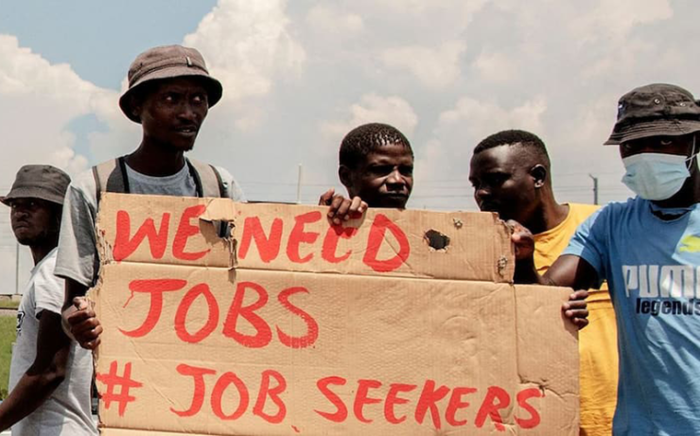
Party rakes in US$6.5m from donors, members in 2022
According to financial accounts, which are part of the Central Committee report, ZANU-PF in 2022 has raised Z$1.6 billion from subscriptions, donations, investments, and its allocation from the government. It has raised US$6.4 million from donations, and another US$46 952 from subscriptions. There are no disclosures on donors.
The party piloted Electronic Membership Cards in the Midlands Province in 2021, raising Z$2 177 849 and US$102 978. Seeing the success, it plans to roll this out to other provinces.
Grassroots campaigns, targeting interest groups for 2023
The party says its strategy for next year’s election is building grassroots structures, targeting special interest groups, and amplifying what it sees as successes on infrastructure.
ZANU PF targets “creating solid grass root structures and recruitment of new membership”. The party’s cells will “religiously” hold monthly meetings.
Outside of its traditional structures, the party is targeting different voter blocs. This plan includes a “Listening Party Programme” targeting “persons in business and professionals”. The party will extend its outreach to churches, especially the apostolic churches. Together, these churches are the country’s largest religious group, and are therefore a potentially rich pool of votes.
Pro-ZANU PF students’ union ZICOSU has “regained its foothold in tertiary institutions”, says the party. Artisanal miners will be encouraged to “register to vote and to mobilise” for 2023.
The party says the “For ED” groups, which are growing in number, are key to growing its voter base. But, perhaps revealing some unease over their activities, the party says a code of conduct is being developed to make sure that “such groupings are in tandem with the Party’s ethos and dictates”.
ZANU-PF believes infrastructure projects are good fodder for its next campaign, saying dam and road projects “have made an indirect mobilisation campaign for the Party”. But the party says Government must “address social welfare issues, including service delivery” as voters in urban areas continue to vote for the opposition “despite several infrastructural development programmes”.
ZANU-PF says the economy is its biggest threat
ZANU-PF says its biggest threat is inflation, fueled by exchange rate weakness, as it is spreading discontent.
“That scenario had caused much volatility within the economy to the extent of becoming a security threat which consequently had blighted ZANU-PF’s chance of a landslide win in the 2023 harmonised elections,” the party says.
Food aid must be stepped up as “failure to do so will result in people voting with their stomachs”.
ZANU-PF says the opposition is “penetrating ZANU PF strongholds, particularly rural constituencies”, and blames NGOs for this. It sees the small stipends of between US$10 and US$20 that are paid out to the vulnerable by aid agencies such as Goal Zimbabwe, Danish Church Aid and Plan International as a threat and a boon for the opposition.
Says ZANU PF: “In essence, they are acting as the opposition commissars whose activities complement those of the opposition outfit.”
The party claims the CCC plans to use violence, saying opposition leader Nelson Chamisa’s “war cry, ‘faka pressure’, is also likely to incite violence”.
Plans by the Zimbabwe Election Support Network and the Election Resource Centre to conduct parallel voter tabulation next year “is a recipe for chaos and mayhem as well as a serious security threat”, ZANU PF says.
Internal fights may cost ZANU-PF elections
ZANU-PF lost two ward by-elections in Bulilima “owing to complacency, apathy and poor coordination amongst party functionaries”.
Divisions over internal elections could cost the party further, ZANU-PF’s security department warns.
“Such differences eventually become antagonistic to the extent of negatively affecting election results as losers at primary elections influence their supporters against voting during the real plebiscite. This state of affairs is existing in most provinces and needs to be attended to as soon as possible to avoid unnecessary loss of votes due to internal Party feuds.”- NewZWire

